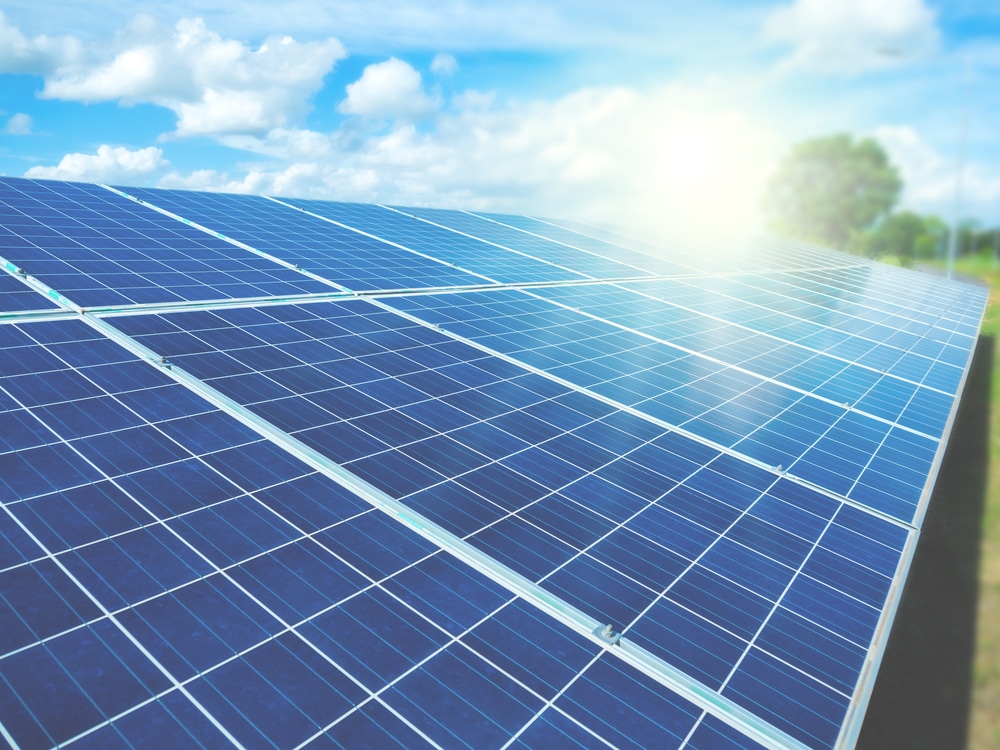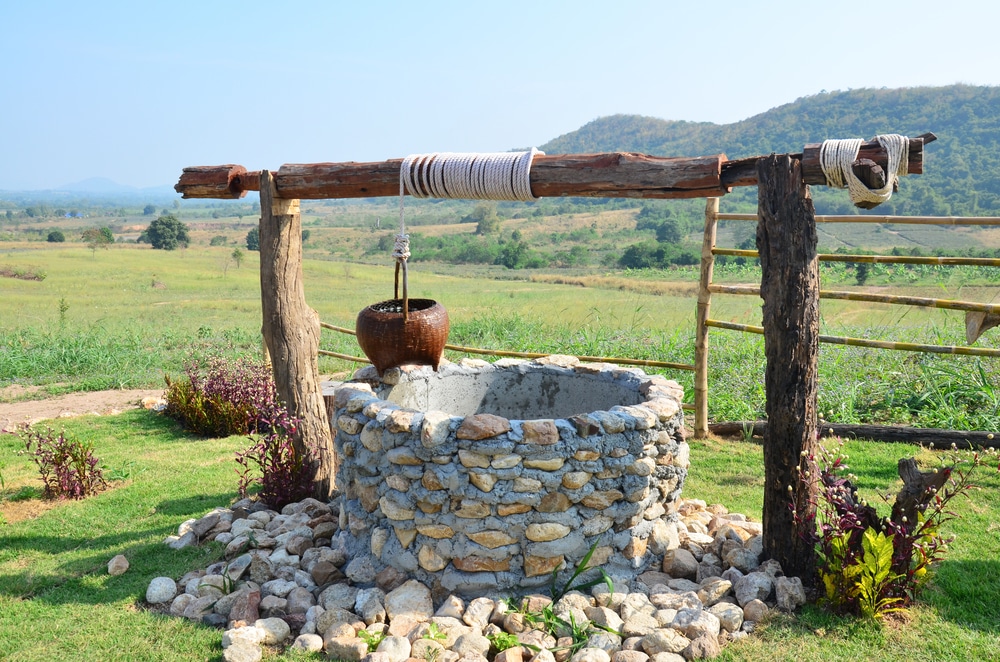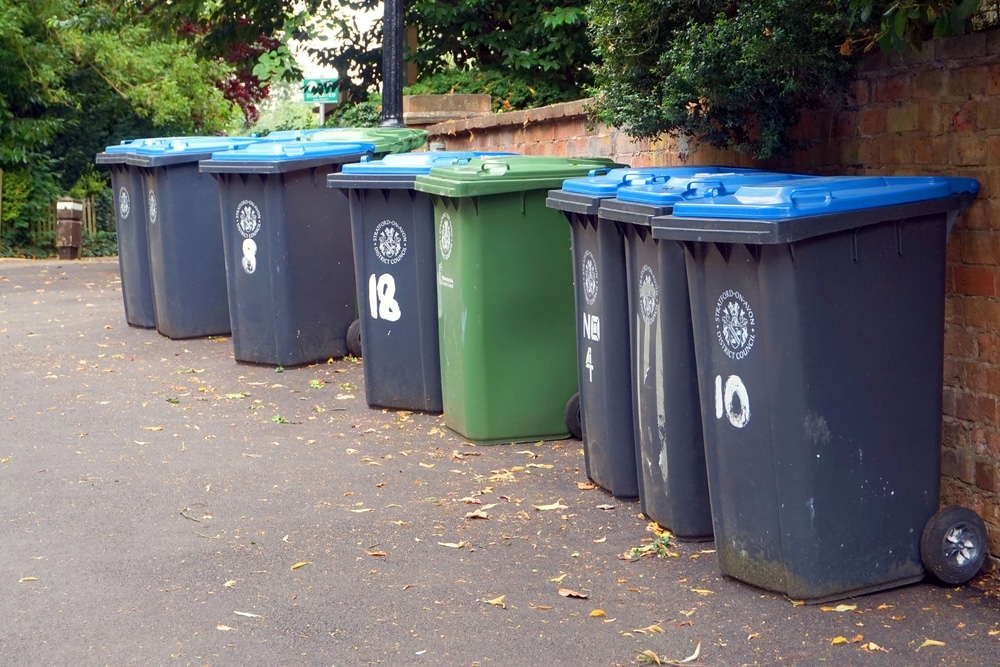Changing your lifestyle to become self-sufficient

Living life without the technology that we have become so reliant on could become a challenge. Smartphones, cars and constant food, water and energy supplies have all contributed towards an existence that is reliant upon these things every day and night; without them we would probably struggle to live our lives in a way that felt comfortable.
Quality of life is something that we value, but there is a way we can regain our independence and maintain this lifestyle. By replacing energy and water supplies from the main grid for renewable alternatives, this way of living offers a sustainable alternative to a lifestyle where everything we need is available to use 24/7. Together with Flogas, specialists in LPG canisters, we take you through exactly how living off-grid can be easier than you think.
Getting power

Supplying your home with energy is essential and you will need to find another way to provide energy to your home once you remove yourself from the grid. Solar energy is a reliable form of power that can produce around 3,400kWh of free electricity every year.
3kW to 4kW of a solar panel system will be used if you have small children – this will help maintain a happy family home. Whereas a 2kW to 3kW solar panel will produce enough energy for smaller homes with less people living in them. A 3kW overall solar system will cost around £5,000 – £6,000 and will be a sound investment based on the amount of free electricity you will procure during its lifetime.
Using a gas cylinder will be a good way to have backup power in case anything was to ever go wrong. Alternatively, domestic wind turbines can be installed that produce 5kW to 6kW of energy; you will also be paid for any energy that you don’t use which is sent back to the grid.
What you might need to know
If you are reliant on energy supplies that are off the gird, you should only use the amount of power that is required to keep you going.
Make sure that you live within your budget because using energy that isn’t essential could become a bit of a habit and could be your downfall to being self-sufficient. LED bulbs should be used to replace incandescent bulbs – helping to reduce electricity costs by 75%; aim to get rid of any electrical appliances that you don’t need, and make sure that all electrical appliances are turned off at the mains once they have been used.
Supplying water

If you’re not near a clean natural source of water such as a lake, you will need to source your own water. A well can cost anything between £10,000 – 20,000, and this is dependent upon how deep the well is dug, and whether the well will be used as a source of drinking water or for other domestic purposes.
You will need somewhere to drain this water, you will need your very own sewage system. You can use a septic tank that will need to be emptied regularly by a vacuum truck to ensure it is removed safely. As well as this, a greywater system should also be installed; by treating water used in dishwashing, sinks, showers and baths, this water can be used again. This also benefits the lifespan of your well, as you can reuse water that has already been cleaned and brought to the surface.
Monitoring your waste

Consistently monitor how much waste you’re producing so you are more aware of how much you’re using and also so that you can determine what is priority for the future. If you begin to slip, then your reliance on these things may reach unsustainable levels, which may impact your ability to live off-grid. There are many ways to keep on top of waste, and these include:
- Keeping showers short.
- Only using artificial lighting when it is completely dark.
- Turning off lights after exiting a room.
- Using food leftovers for compost to create a rich soil for growing more fruit and vegetables.
- Attend workshops that allow you to learn more about how to repair any damages to the home, or how to cultivate land for agricultural practices.
- Adopt techniques such as hunting and fishing so as to catch fresh food, helping to reduce your reliance upon supermarkets that you would usually have to drive to.
Making lifestyle changes
Changing your lifestyle could benefit you when you’re transitioning into this new practical way of living. There are other ways to live off-grid, and you will make many mistakes along the way, but becoming self-sufficient may just be the key to your unlocked potential and happiness.







